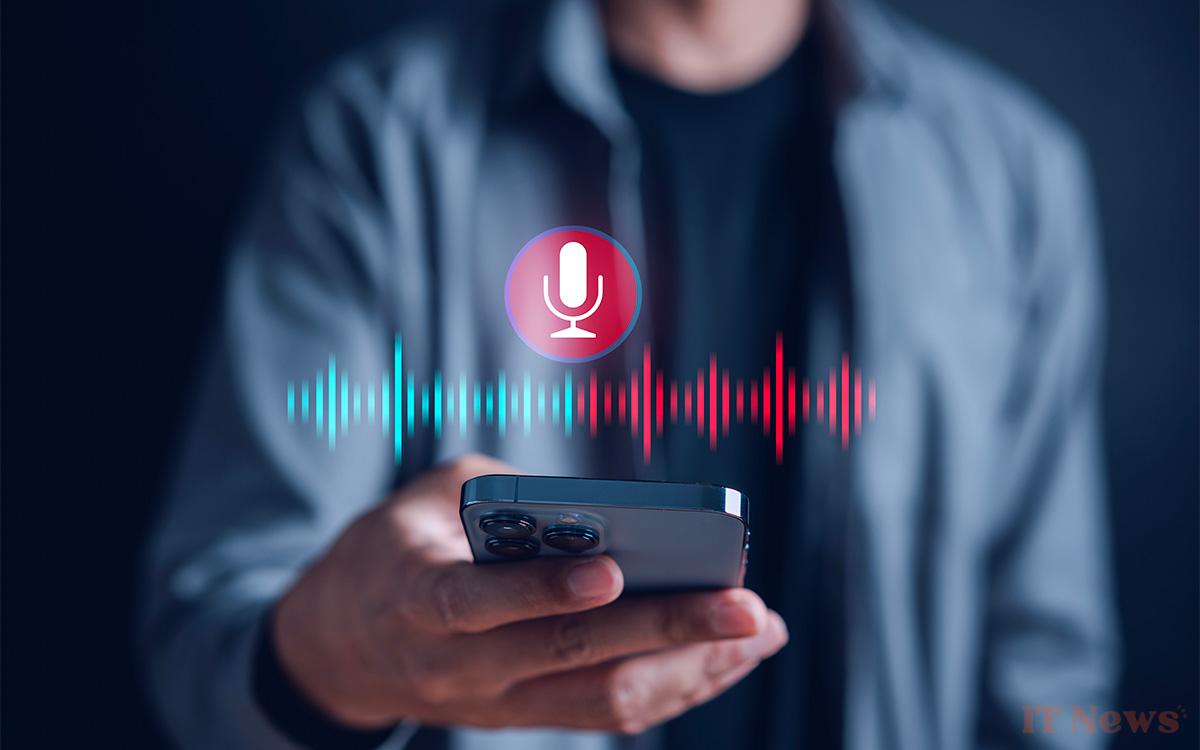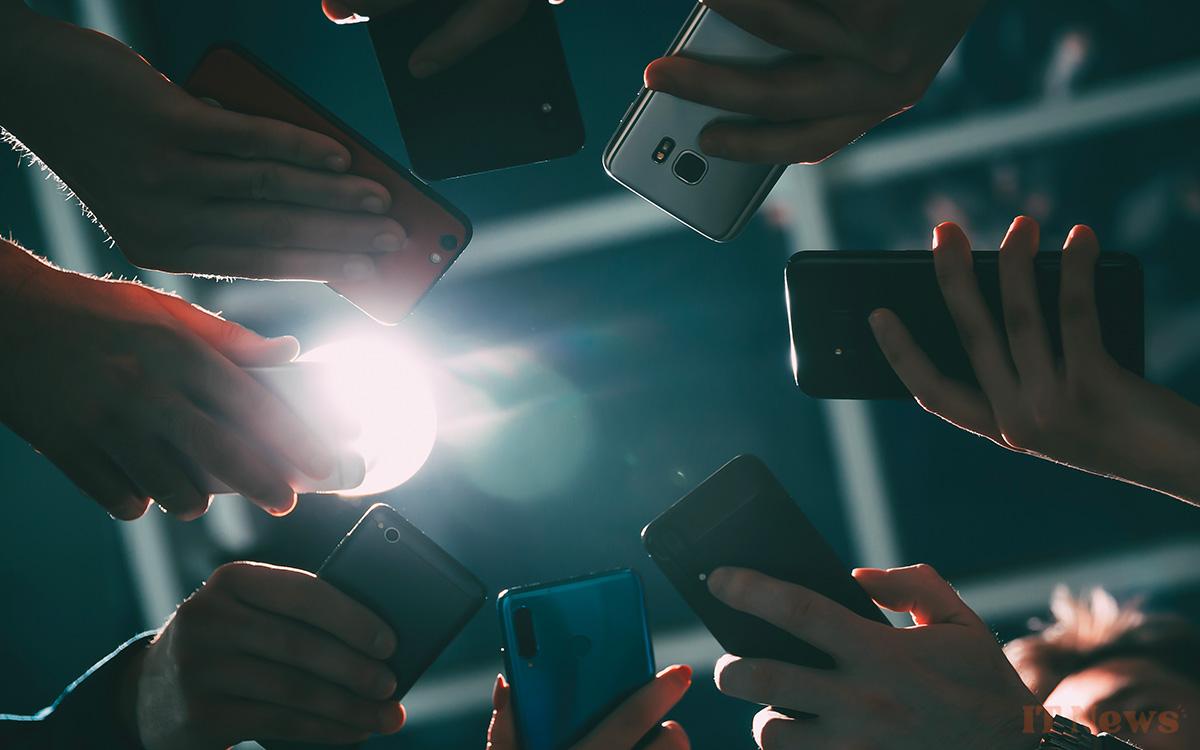Our smartphones are constantly listening to us to offer us personalized advertisements. This conspiracy theory is as old as it is tenacious, and yet the reality is much more disturbing.
Tech giants like Facebook and Google are constantly listening to us through our smartphones to offer us personalized ads. This conspiracy theory is as old as the hills and continues to fuel the fears of millions of people.
It must be said that it presents itself as the most obvious response to a situation you have probably experienced: you are discussing a trip or a particular product with a friend, and then, hey presto, you receive on social media an ad for plane tickets or promotions for the item in question.
This conspiracy theory resurfaces in 2023
In recent years, many serious media outlets have taken pains to debunk this stupid theory. However, an article published in 2023 by 404 Media added fuel to the fire. According to the site, the company Cox Media Group (CMG) has developed a technology called Active Listening. Concretely, this system would be able to capture “real intent data” using the microphones of connected devices like smartphones, tablets, or connected TVs.
CMG is said to have offered Active Listening to Amazon, Google, and Facebook to refine their advertising targeting. It was enough to rekindle the flame around this good old conspiracy theory about listening to microphones. Especially since, in the aftermath, the tech giants involved immediately distanced themselves from CMG. Amazon claimed to have never worked with the company, while Google and Facebook broke off all collaboration.
However, several media outlets have also taken a closer look at CMG, such as Ars Technica. According to the information gathered by the site, CMG clearly exaggerated the capabilities of its technology. In reality, Active Listening instead used short voice data recorded and uploaded to the cloud after triggering a voice assistant like Hey Google, Alexa, or Hey Siri. In other words, CMG absolutely does not have the means to listen to any private conversation. Enough to demystify (in part) the hype surrounding this famous conspiracy.
A fantasized practice, these data prove it
Before going any further and revealing to you how much more disturbing the reality is than this story of large-scale listening, it is appropriate to provide proof of its non-existence. To do this, a step back a few years is necessary.
In 2019, computer security researchers at Wandera conducted a series of experiments to find out if our smartphones could constantly listen to our conversations. To do this, they placed an iPhone and a Samsung Galaxy in a room, before playing an audio loop of dog food advertisements for 30 minutes per day, for 3 consecutive days.
Also read: €20 is enough to find out if your smartphone is being tapped
In addition, all access permissions (including the one for the microphone) were enabled on all apps. And in order to compare the data obtained, the same experiment was carried out, but this time in a silent room. The idea was as follows:
- to determine whether ads do indeed end up appearing in the feeds of certain apps like social networks
- to observe or not higher mobile data consumption, increased battery usage, or suspicious background activity
Unsurprisingly, no dog food ads surfaced. Even more telling, there was virtually no difference in data consumption, battery usage, or background activity on the devices placed in the two rooms. This is a crucial detail, because if an app were to constantly access the microphone and send audio files to a cloud server, there would inevitably be visible spikes in mobile data consumption. "Constant recording of conversations and uploading to the cloud does not occur on any of these tested apps," assured James Mack, an engineer for Wandera.
The reality is far more worrying
In early 2017, researchers at Northeastern University also conducted work on the same subject. Very quickly, they discovered that the microphones were not permanently activated. However, they discovered the existence of other phenomena, much more worrying than this conspiracy theory. “There was no audio leak – no application activated the microphone. Then we started to observe unexpected phenomena. Applications automatically took screenshots and sent them to third parties. In one case, the application filmed screen activity and transmitted information to a third party,” explains Christo Wilson, a computer scientist working on the research project. src="https://wp-pa.phonandroid.com/uploads/2025/04/etude-ecoute-smartphone-3.jpg">
More specifically, of the 17,000 Android apps examined, more than 9,000 had potential permissions to take screenshots! “Everything that makes your phone useful, like knowing where you are, taking photos, shopping, or banking online – that's exactly where the potential weaknesses and vulnerabilities lie,”concludes the researcher.
As you can see, Google, Facebook, and their ilk actually have absolutely no need to spy on your conversations to target you with personalized ads. “Remember, Facebook can find you on any device you've visited Facebook on. It can tap into everything merchants know about you, and sometimes even track your in-store purchases, which were paid for with cash only; your loyalty card is linked to a phone number and email address for a specific reason,” says Antonio Garcia Martinez.
Source: NewAtlas







0 Comments